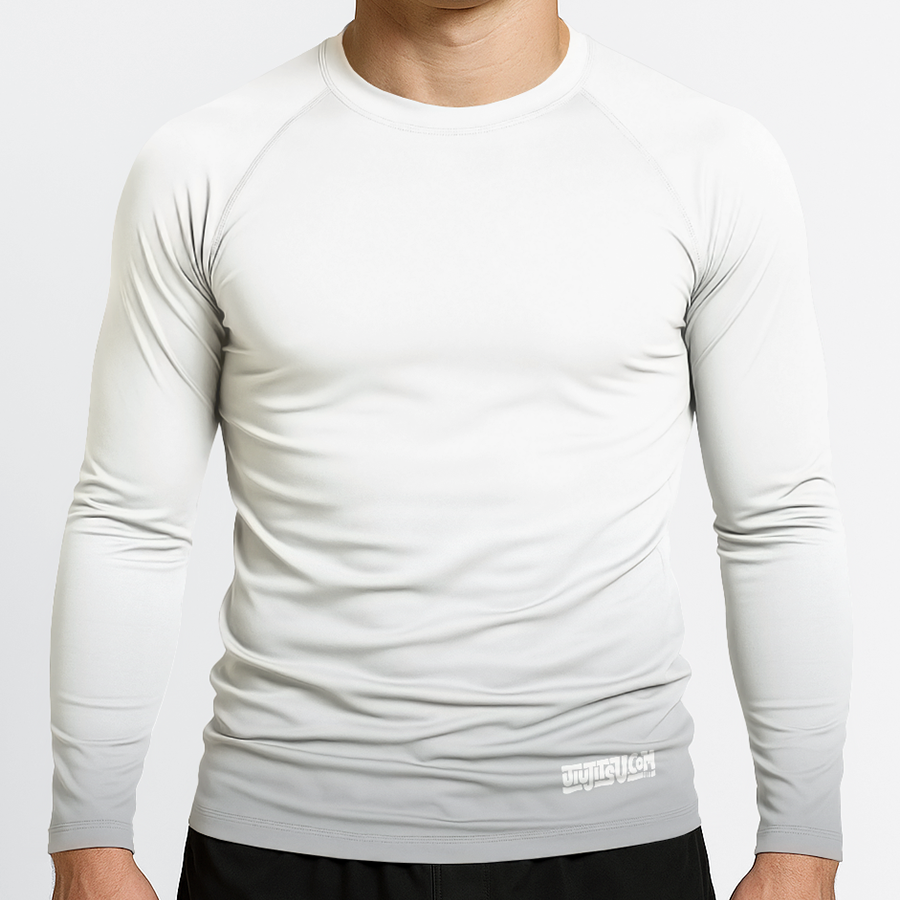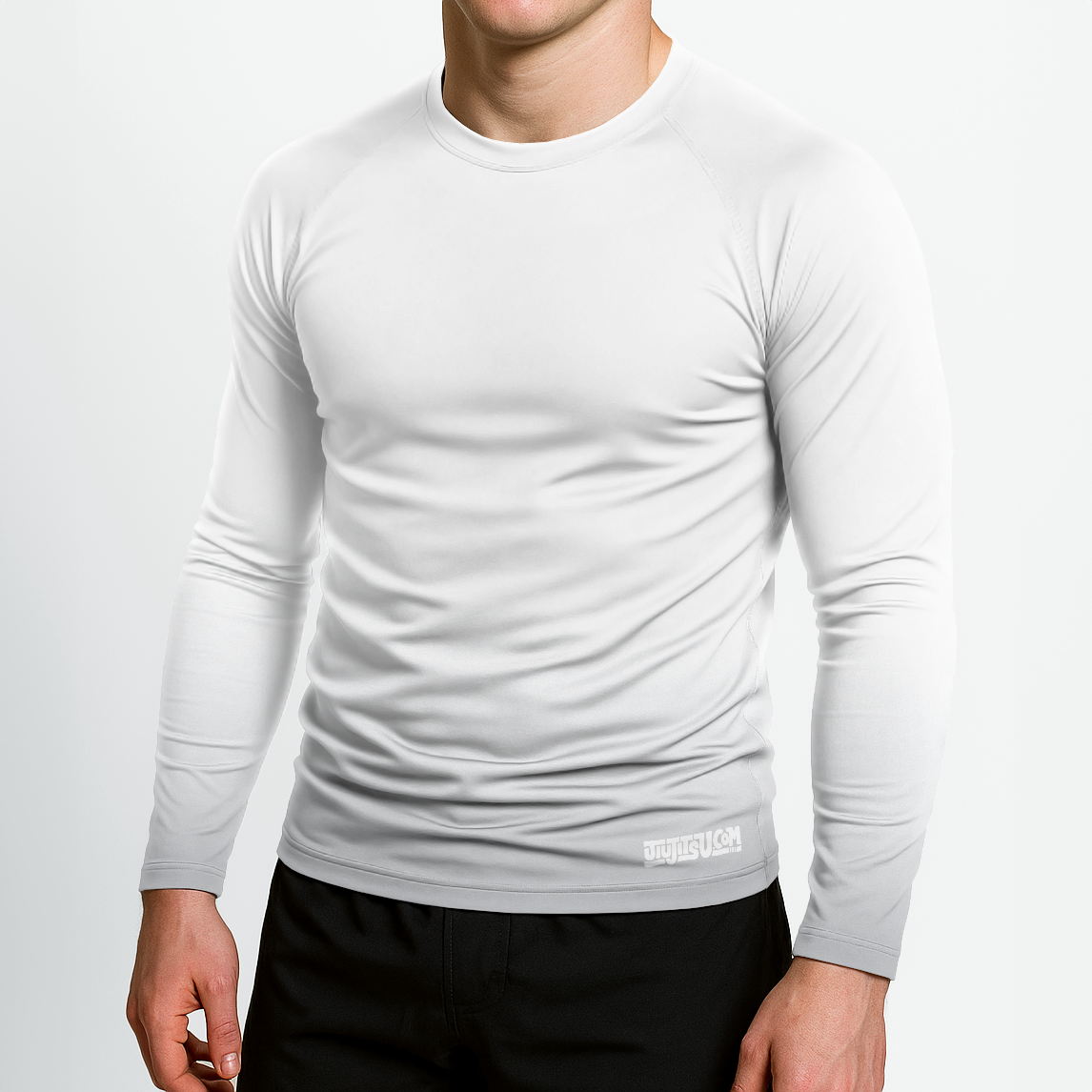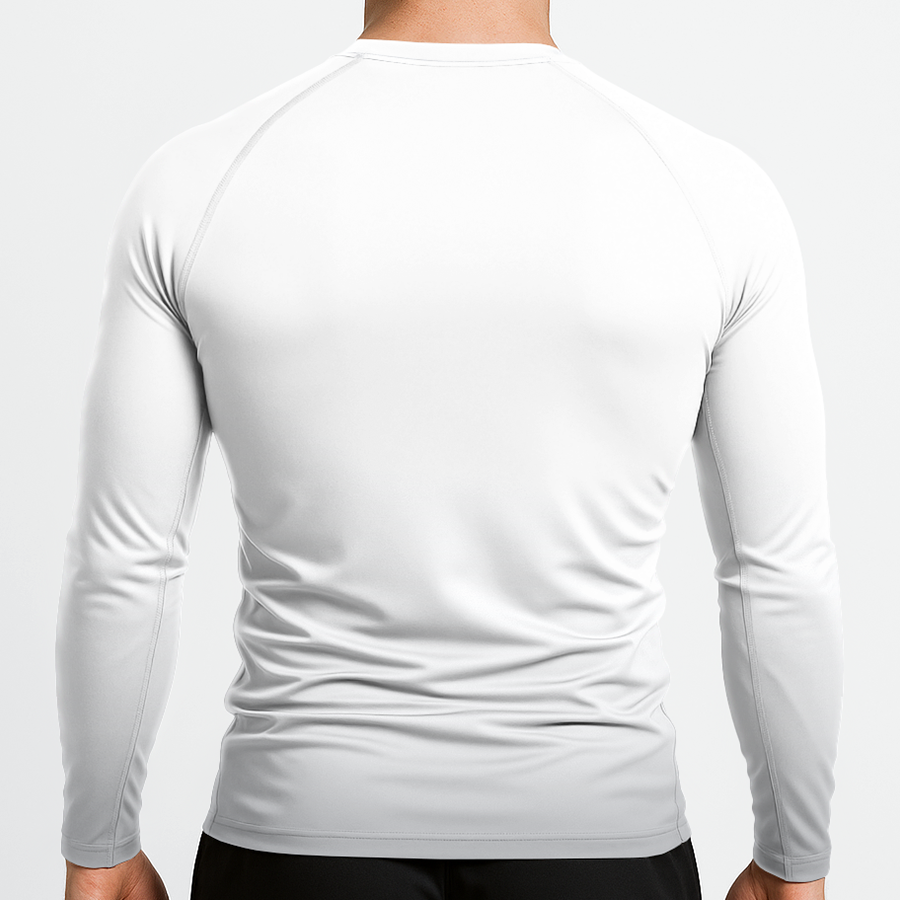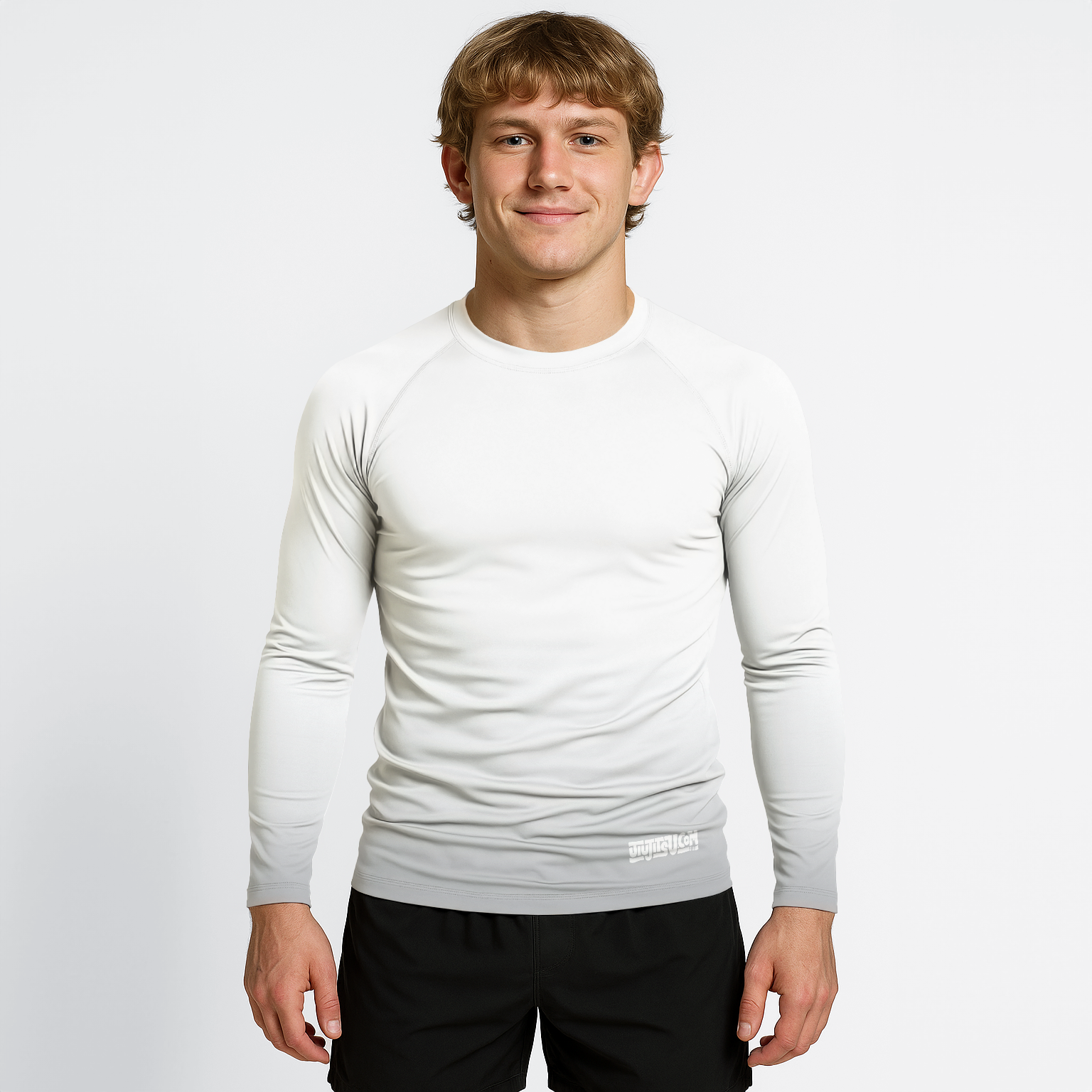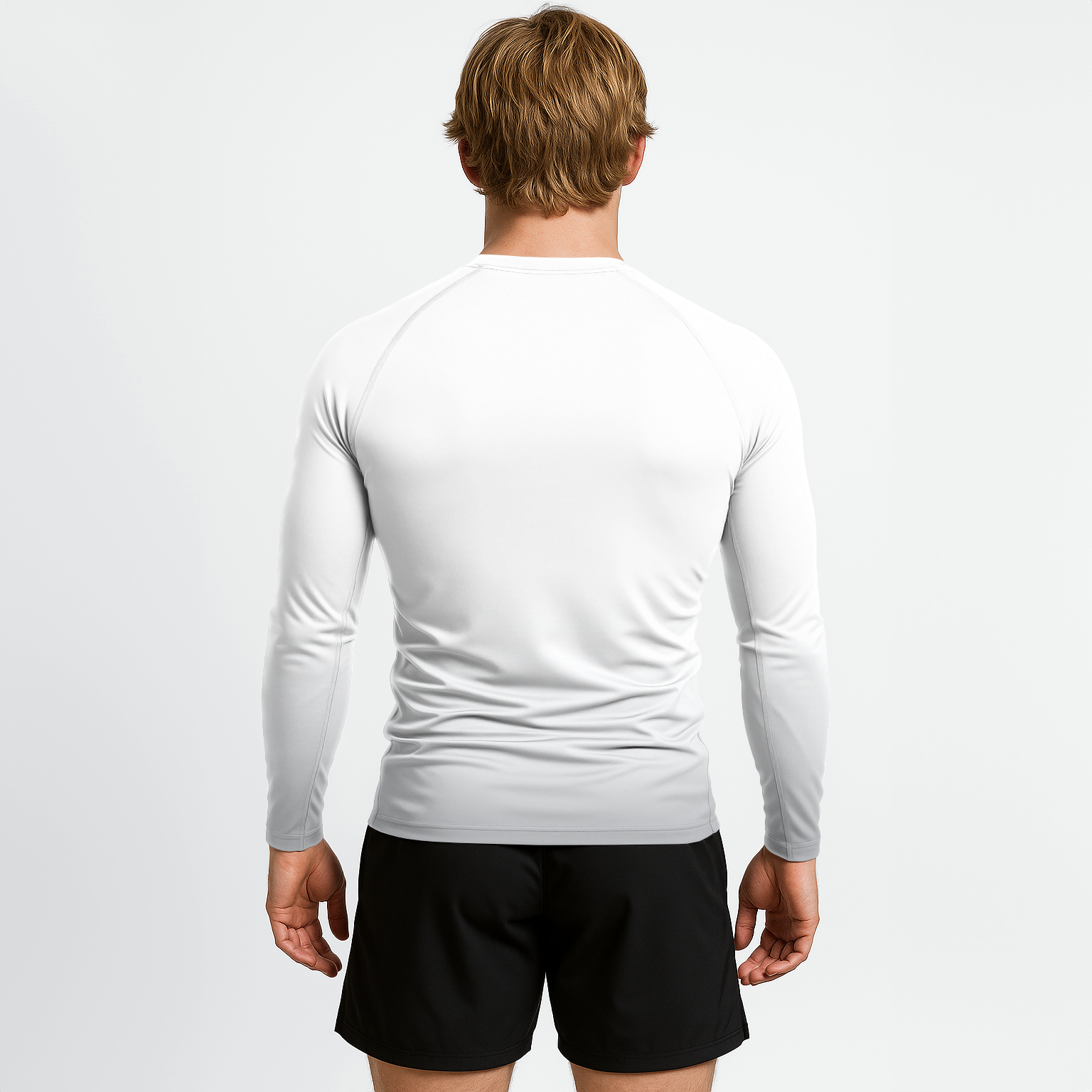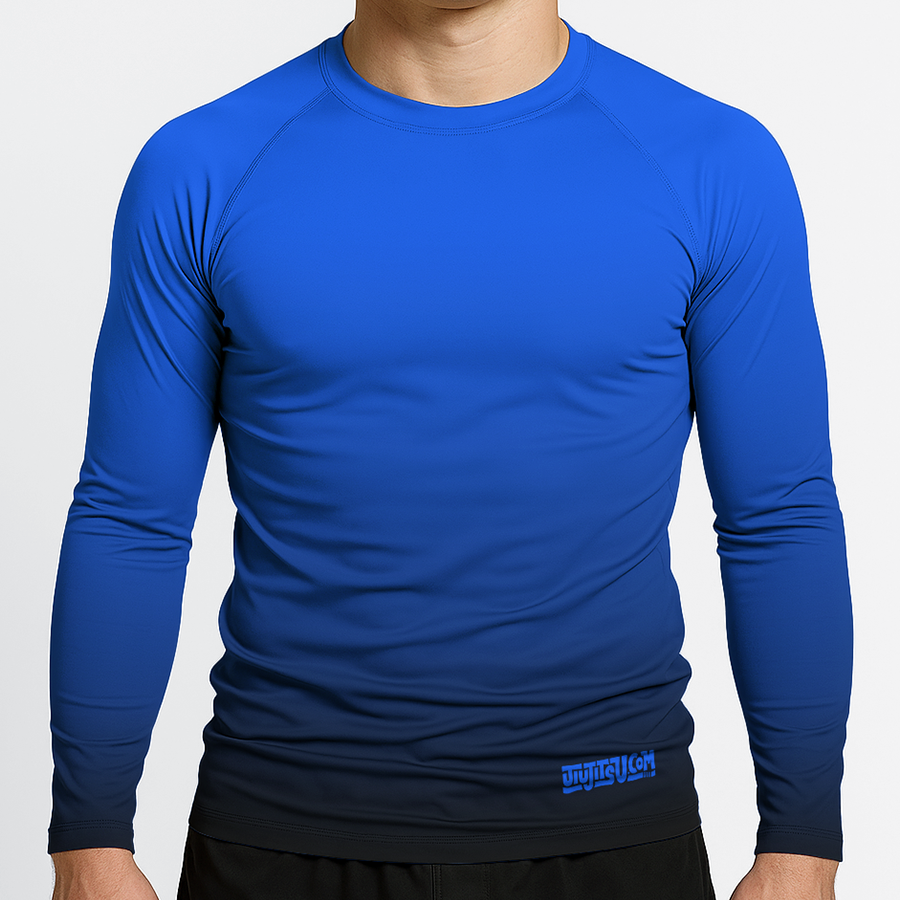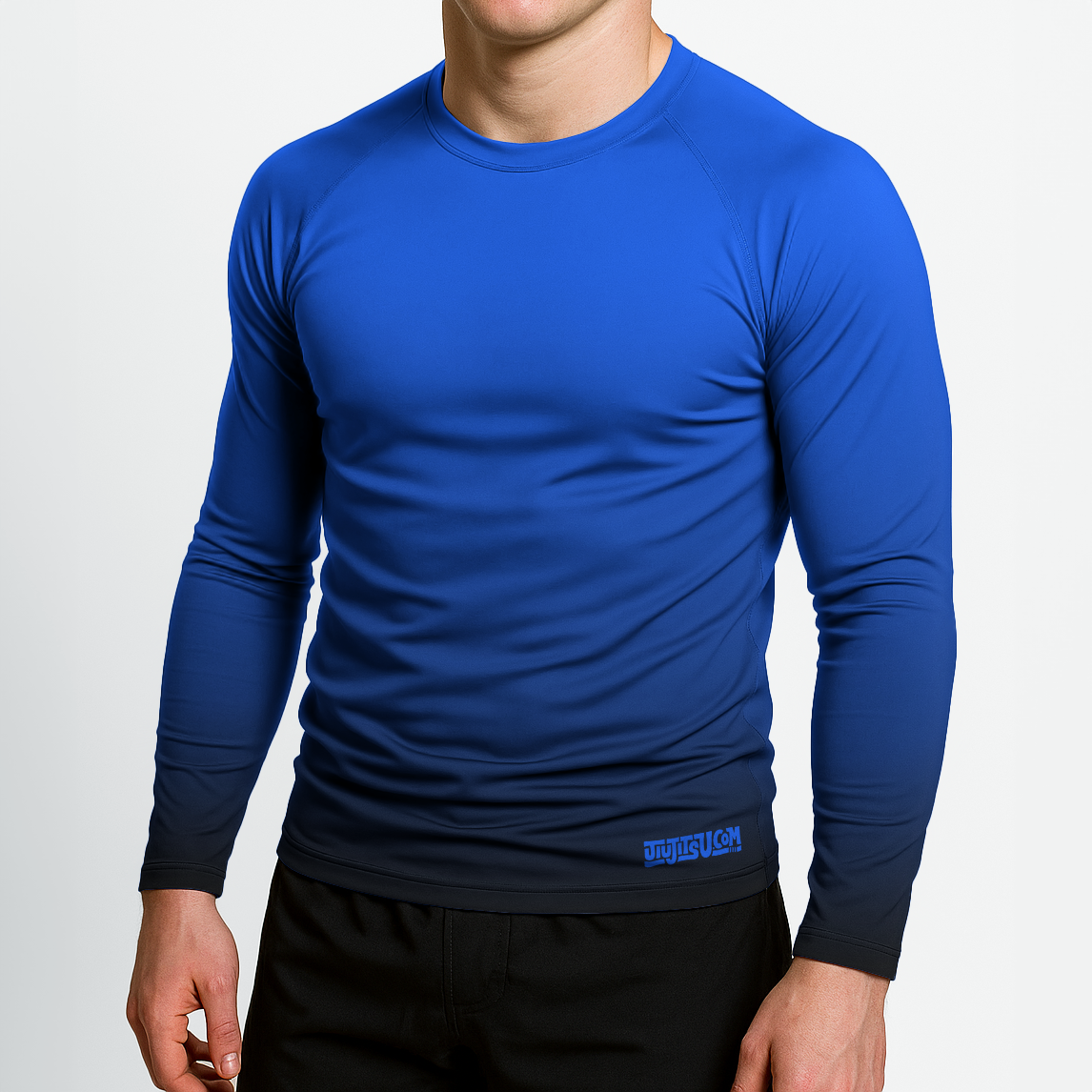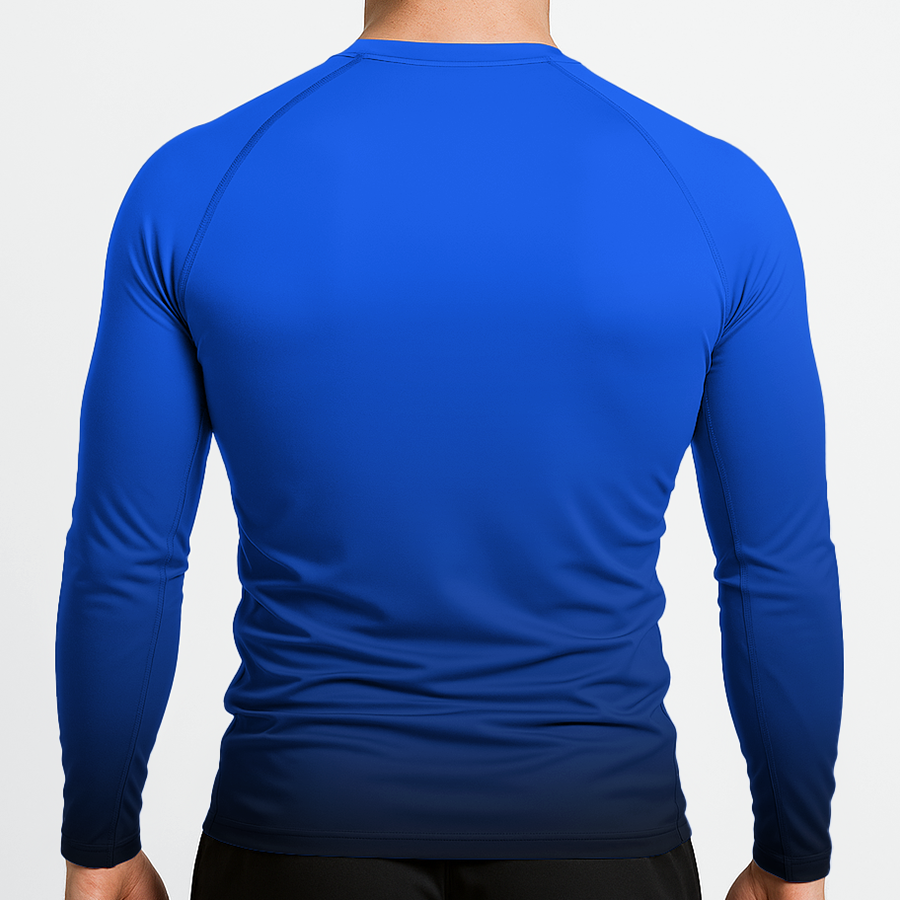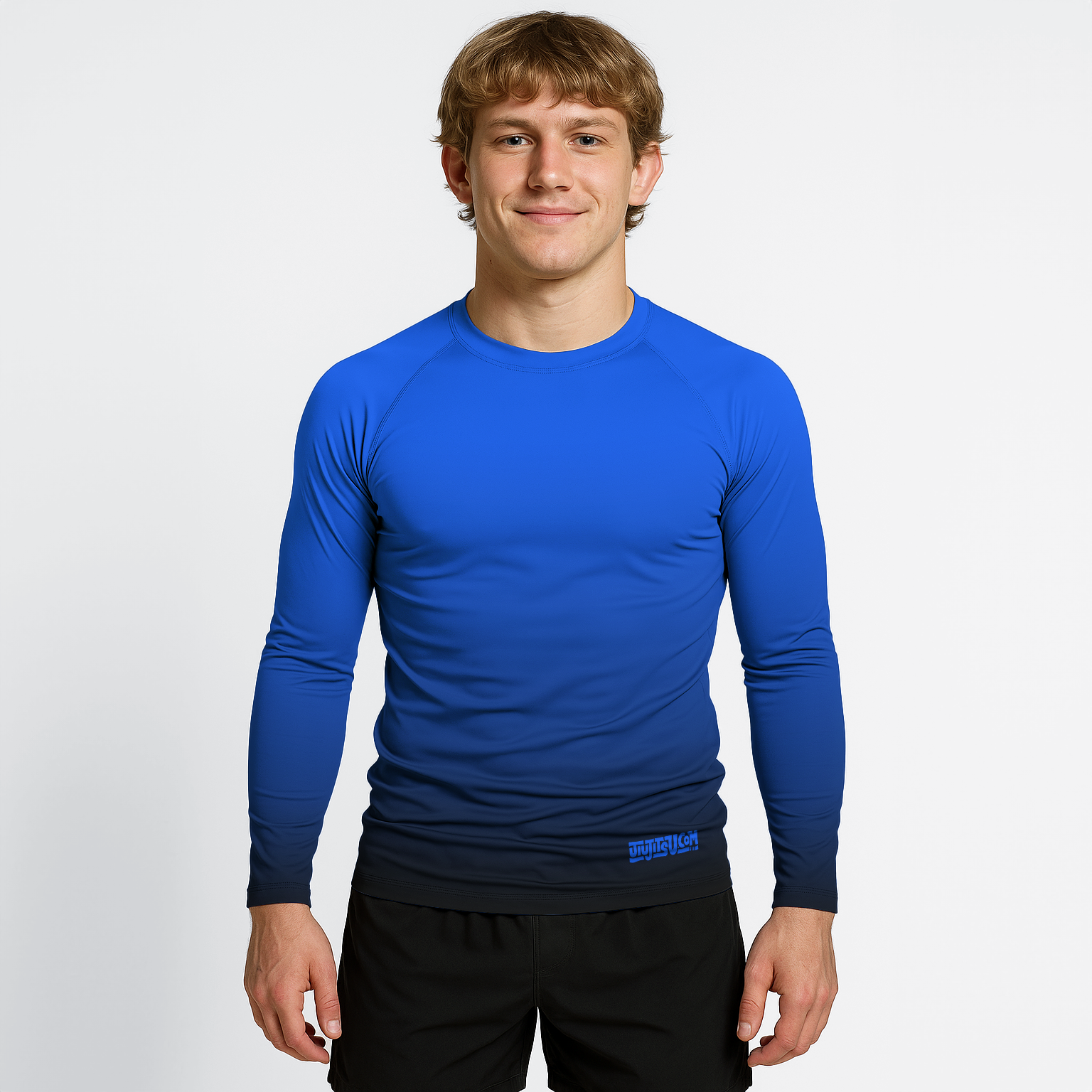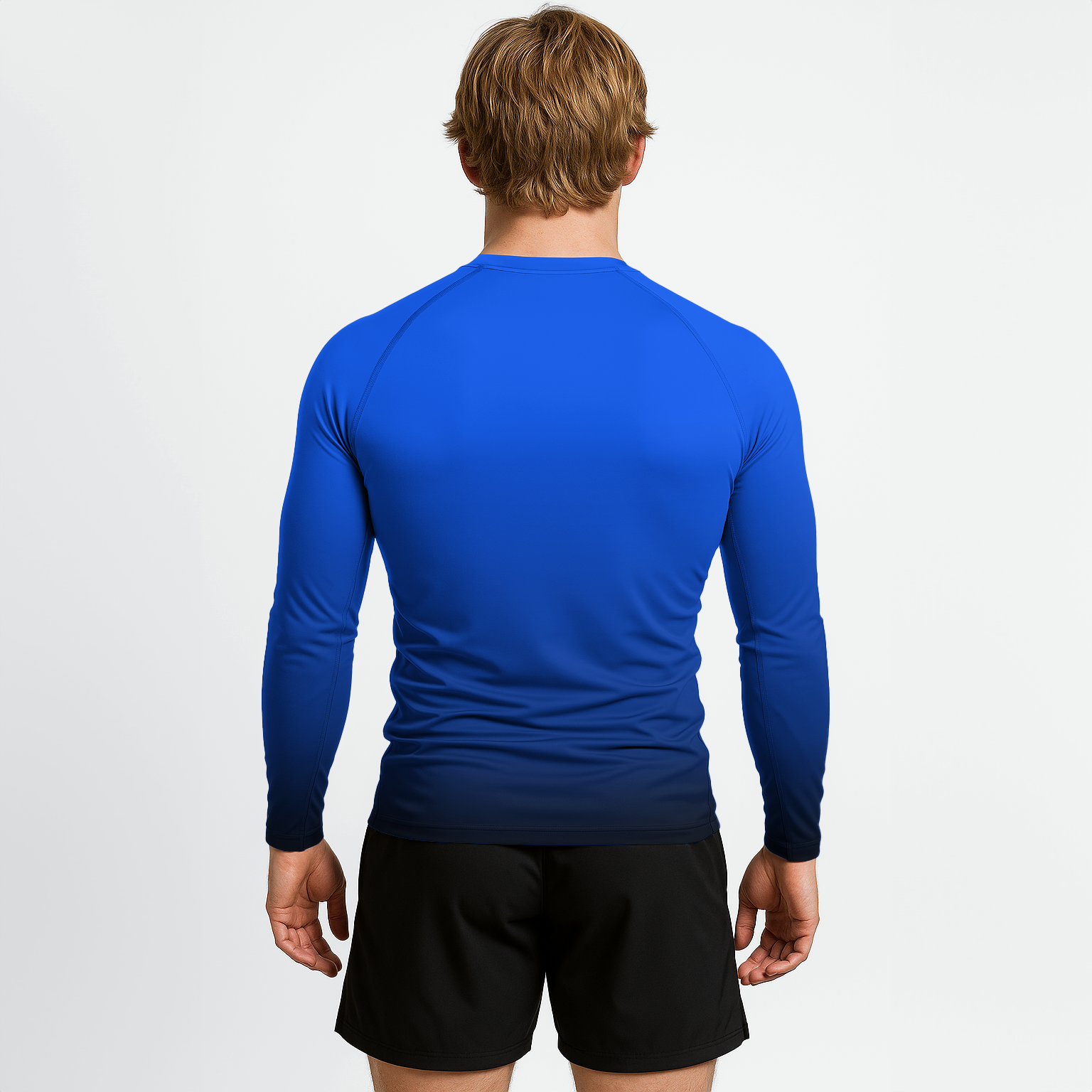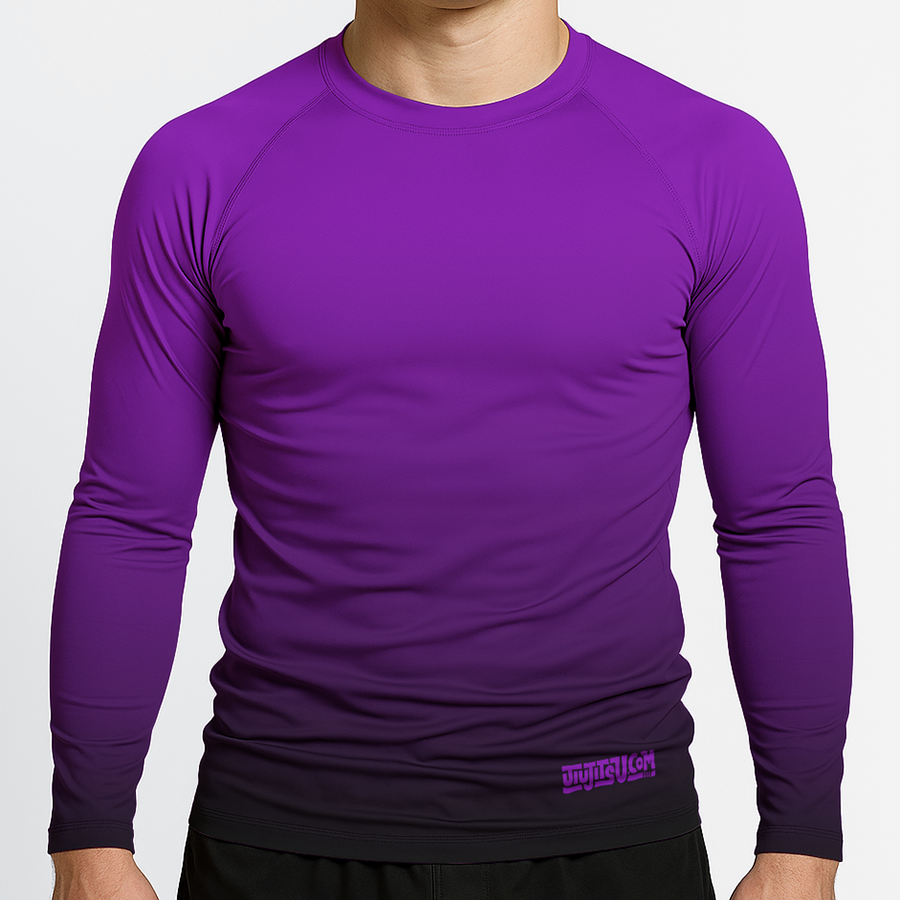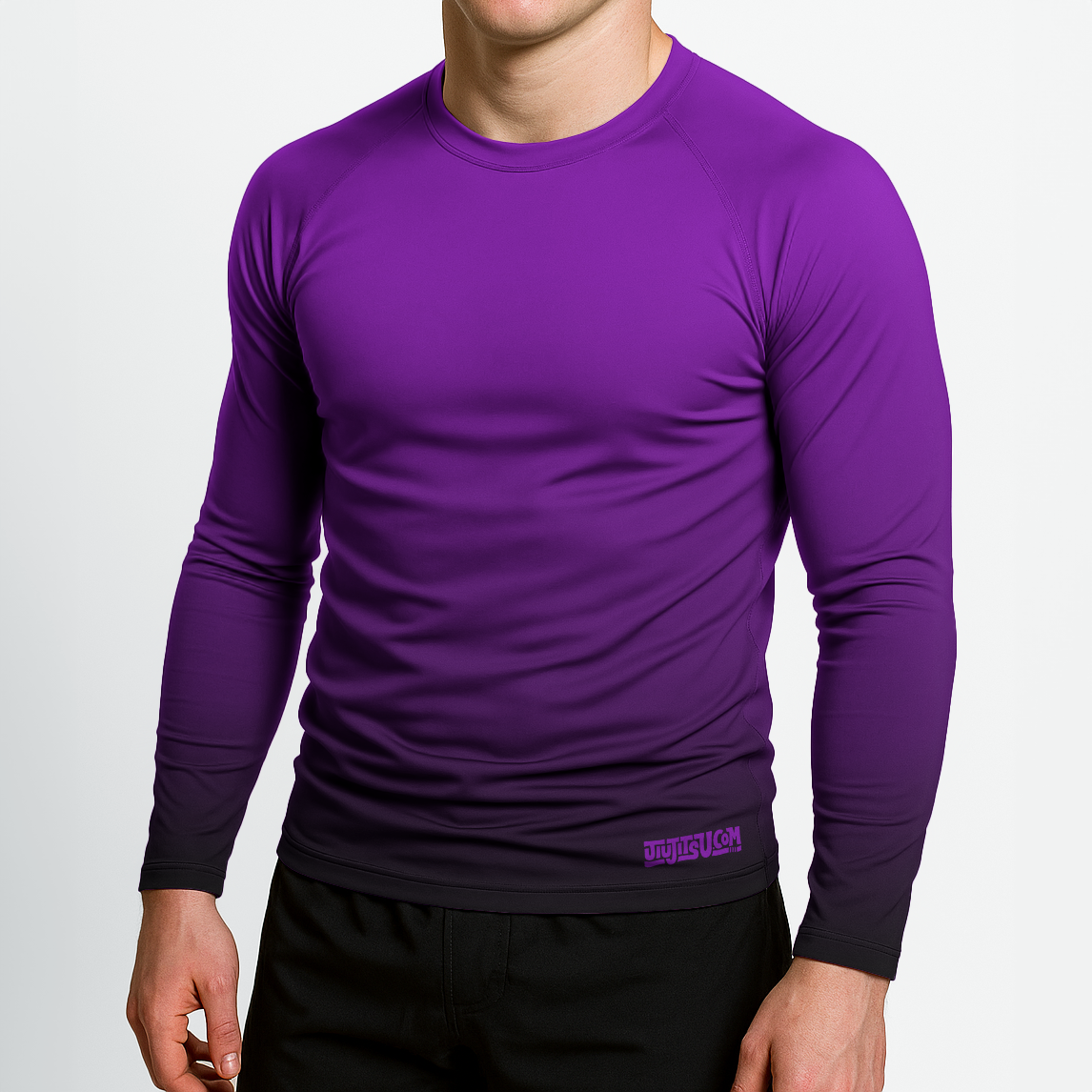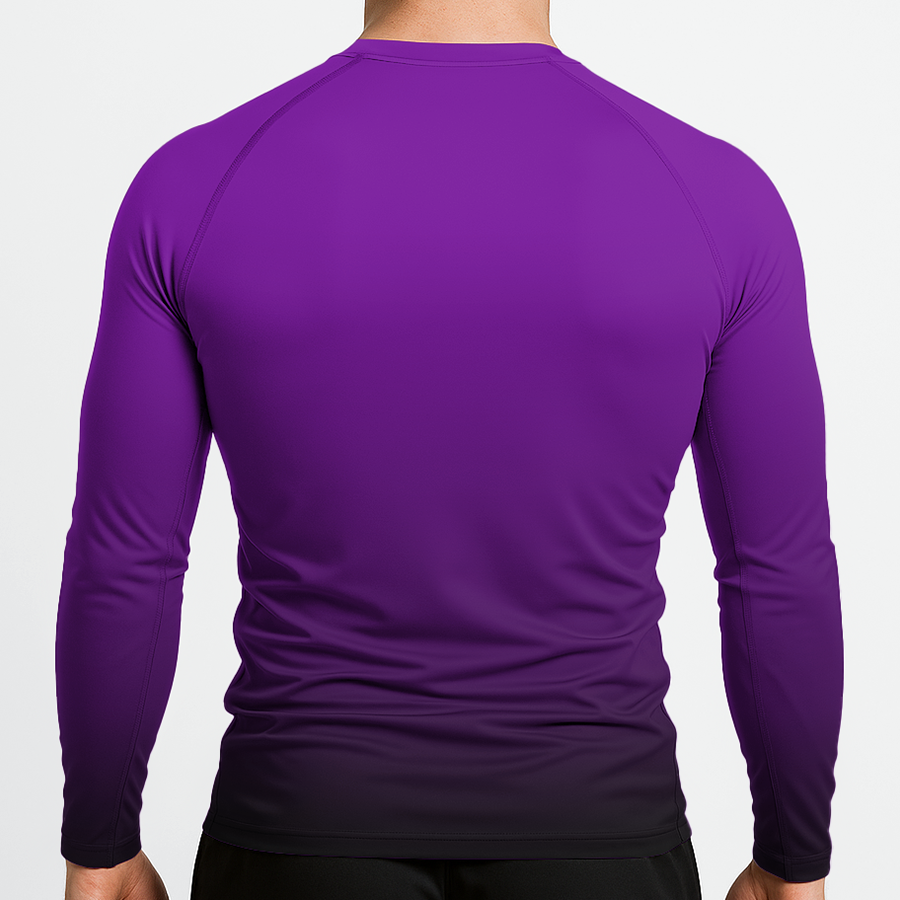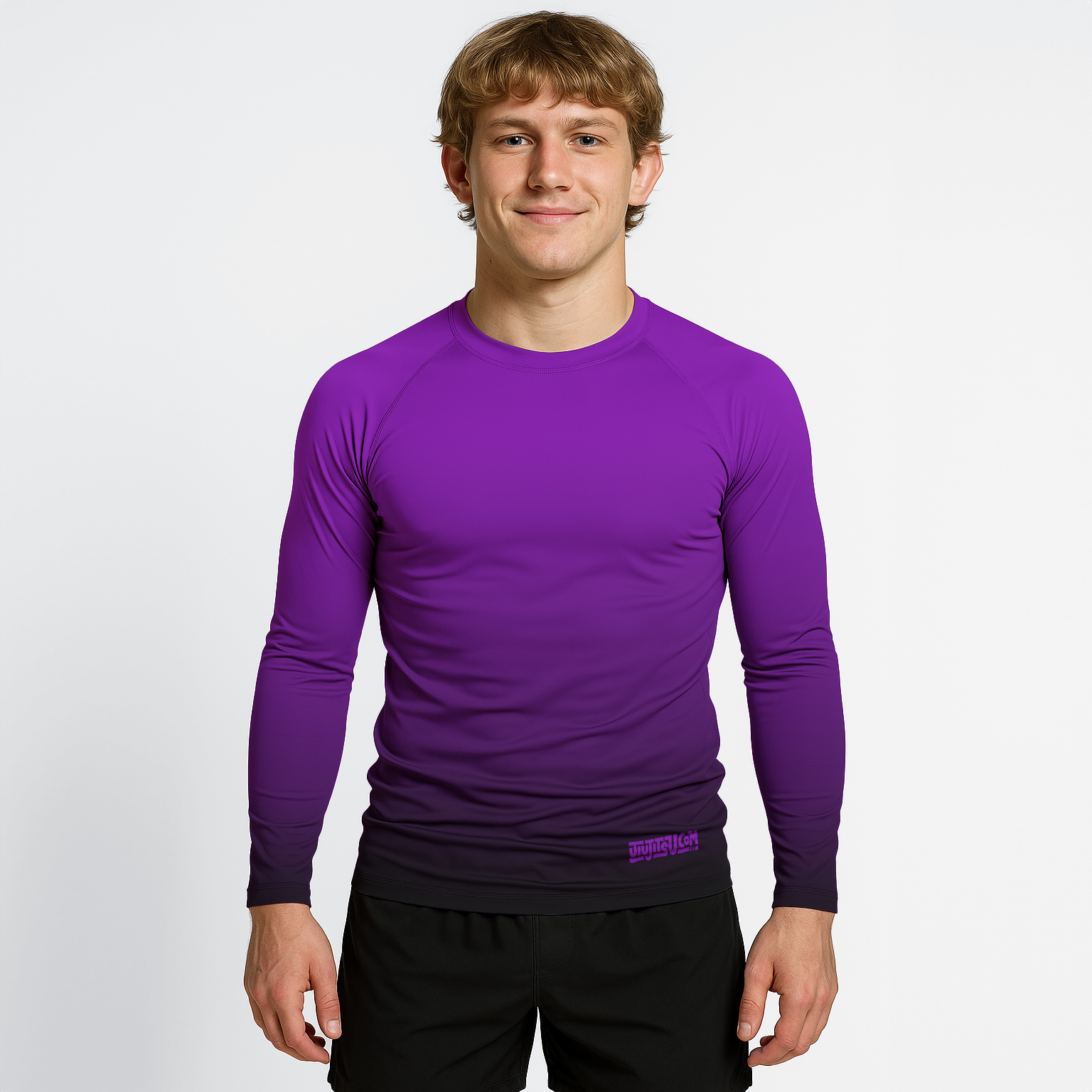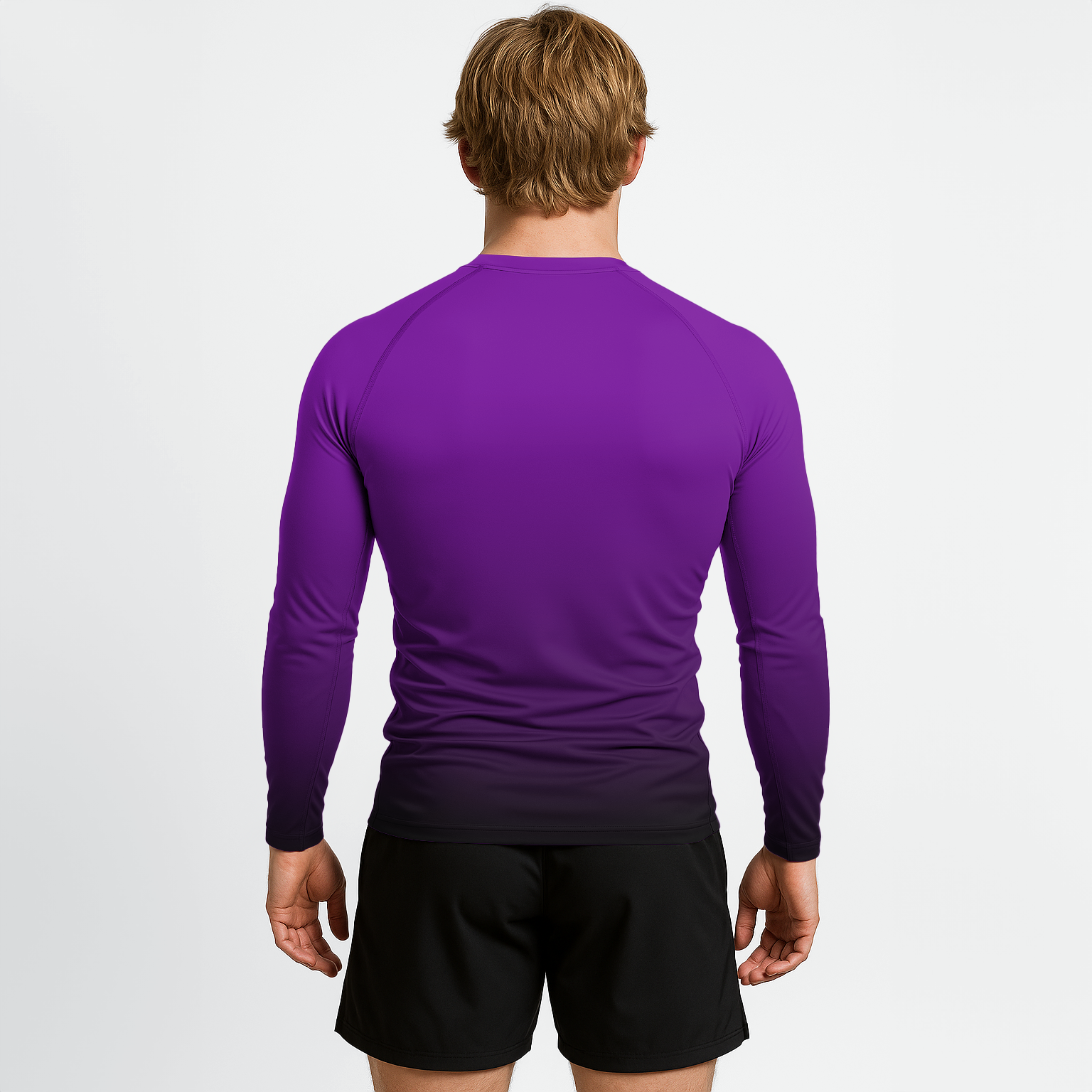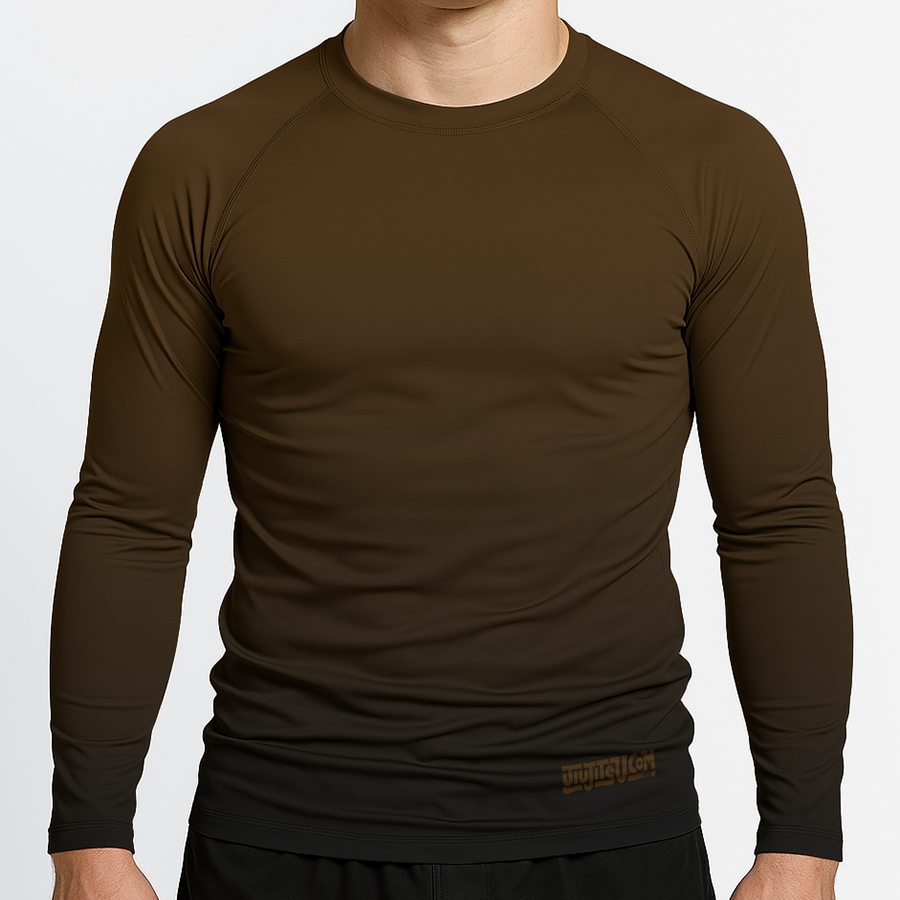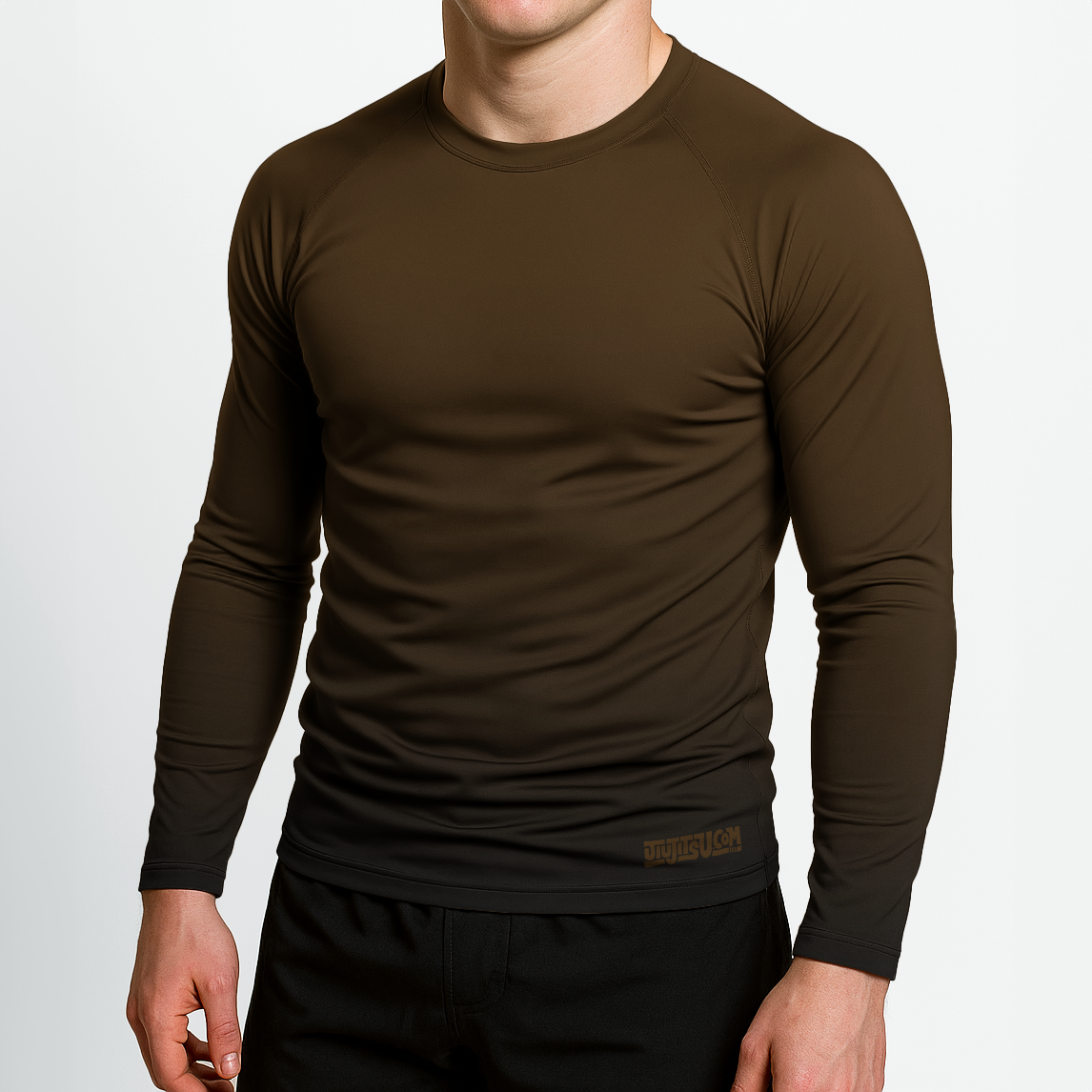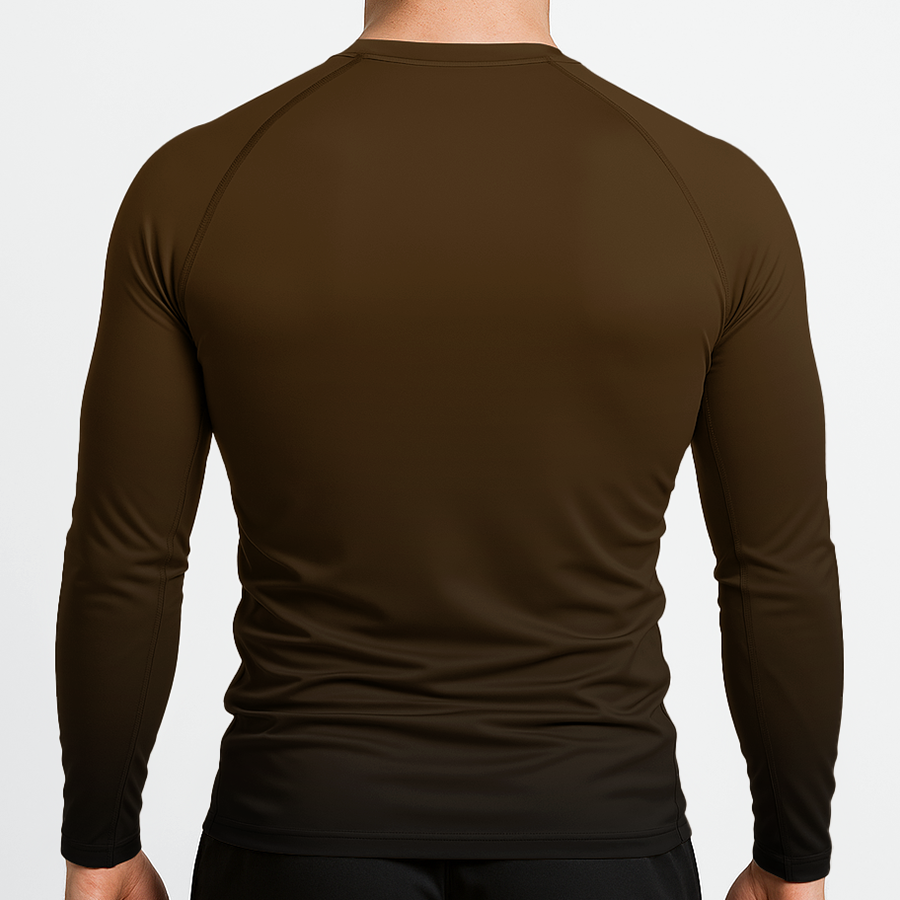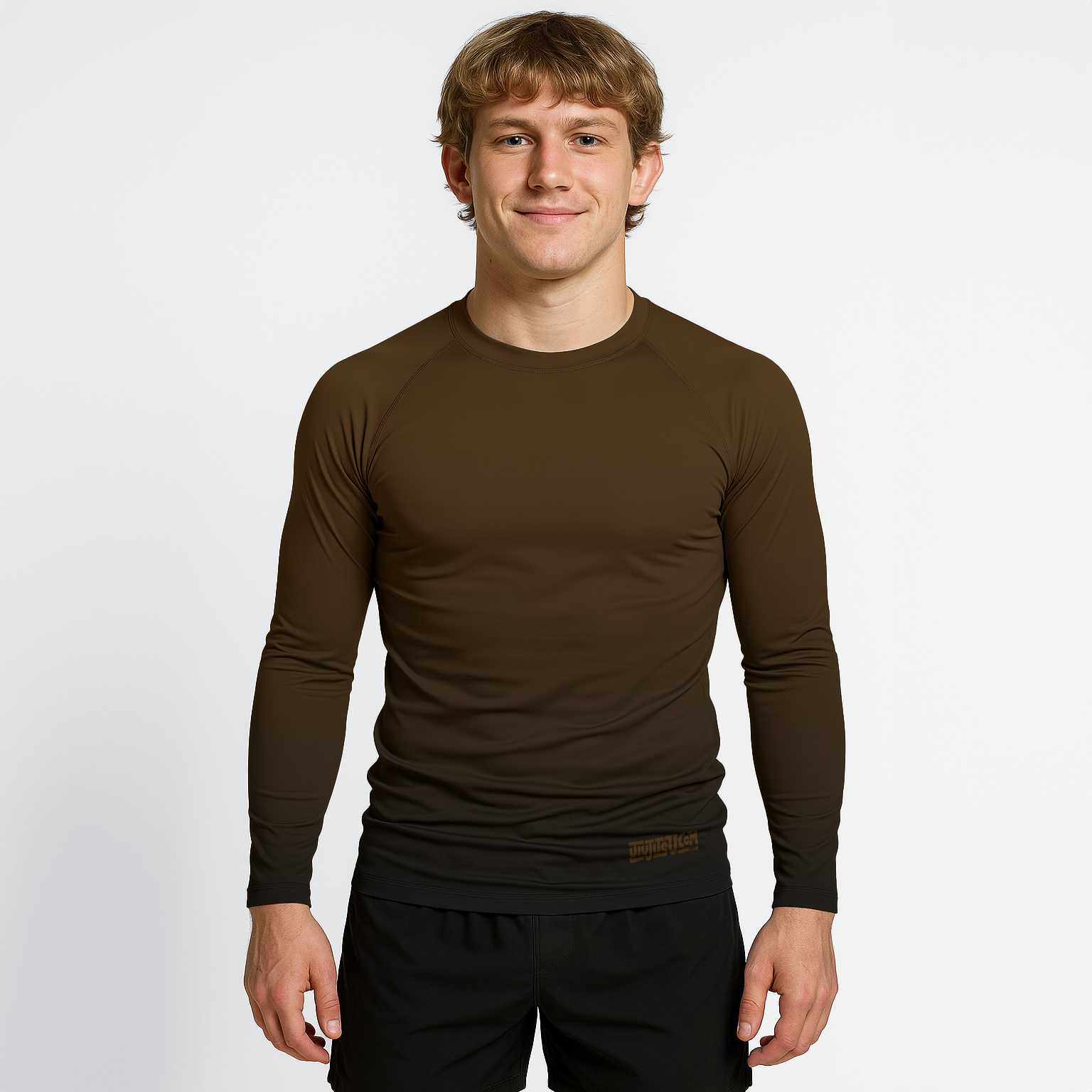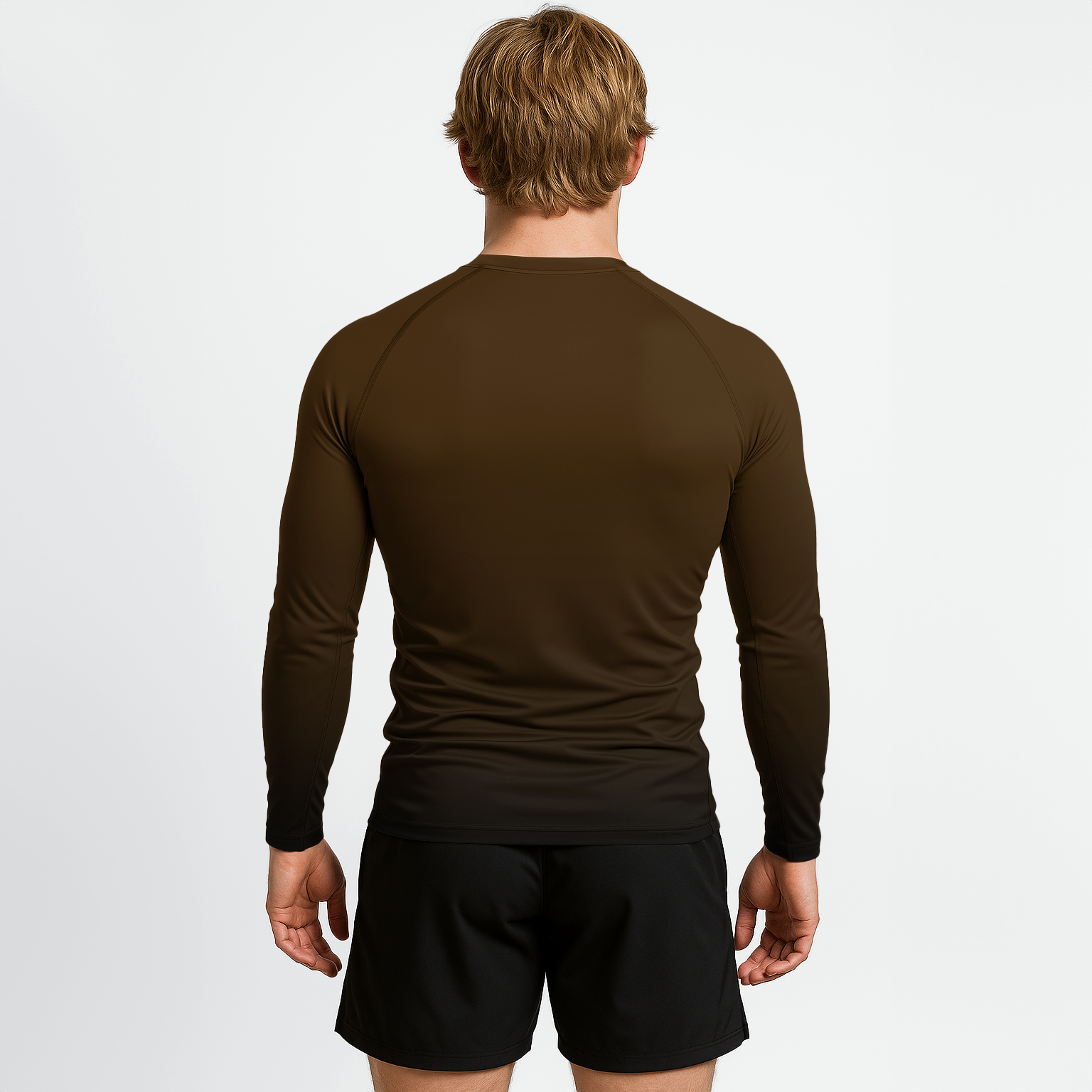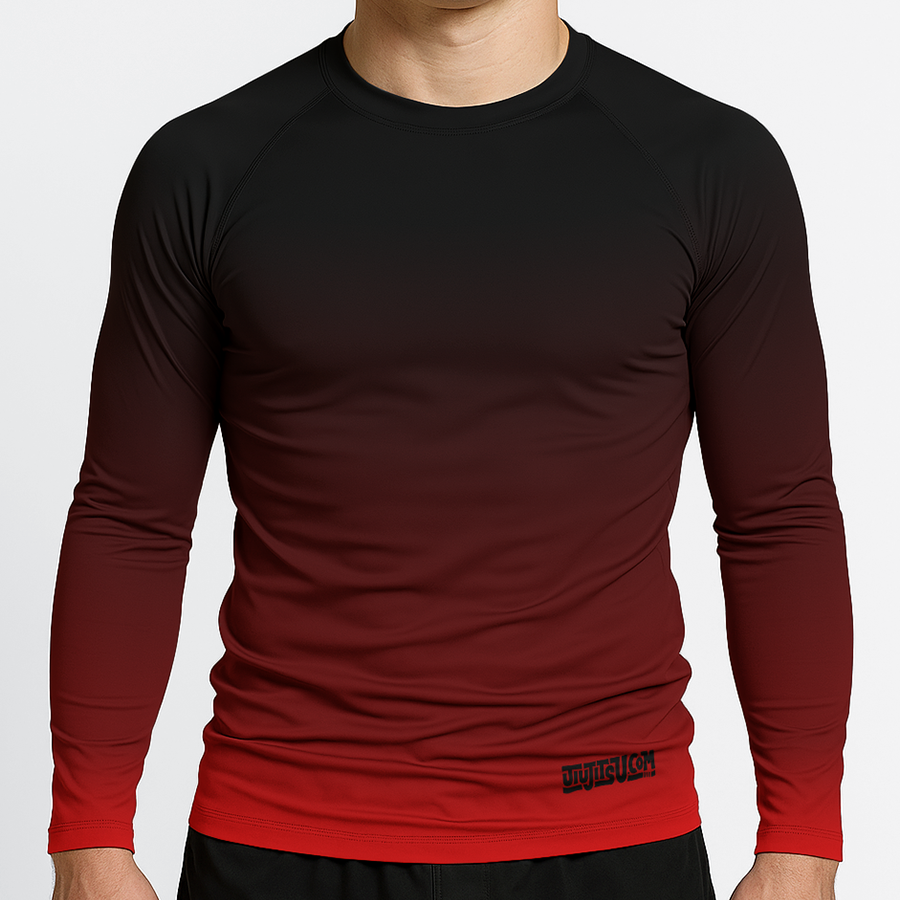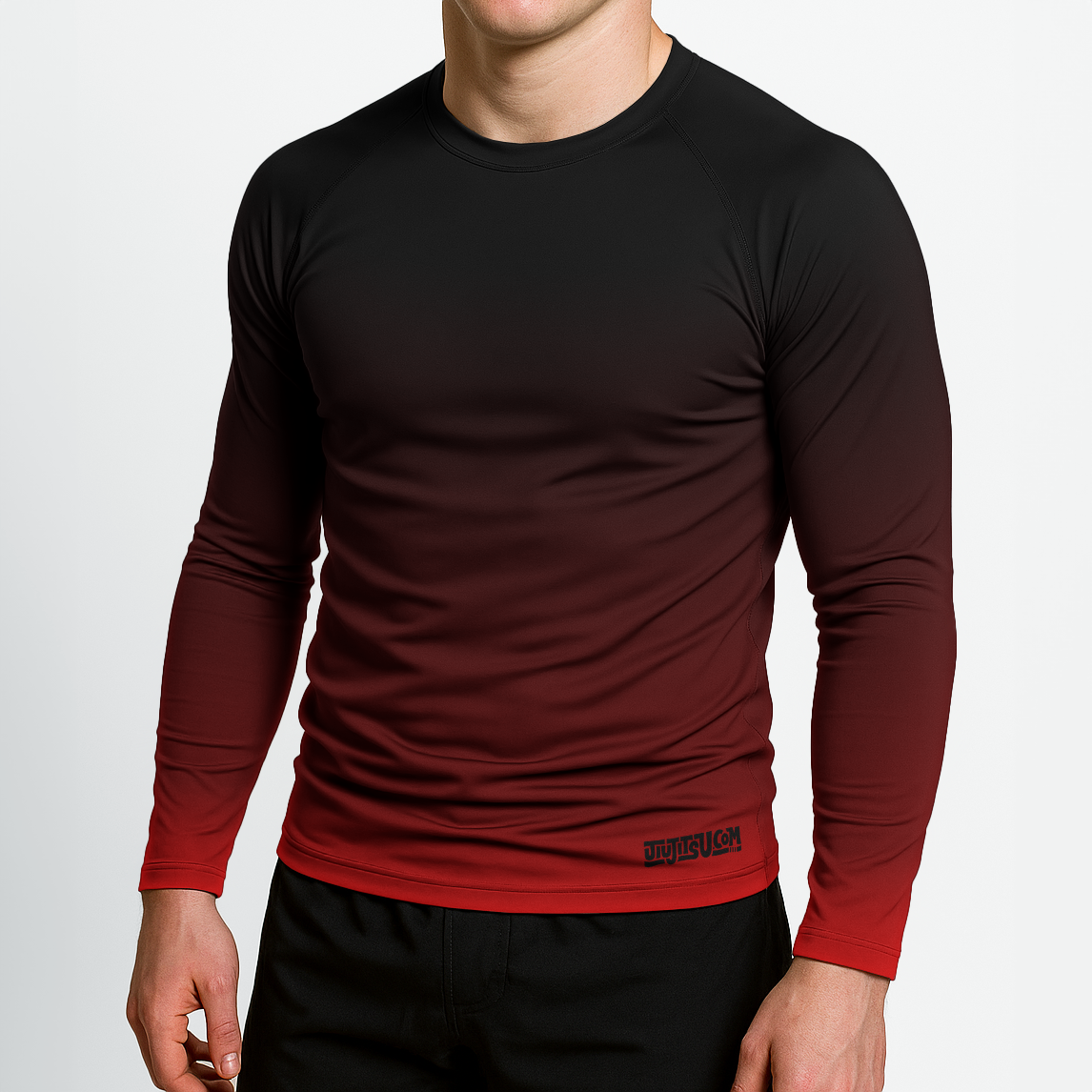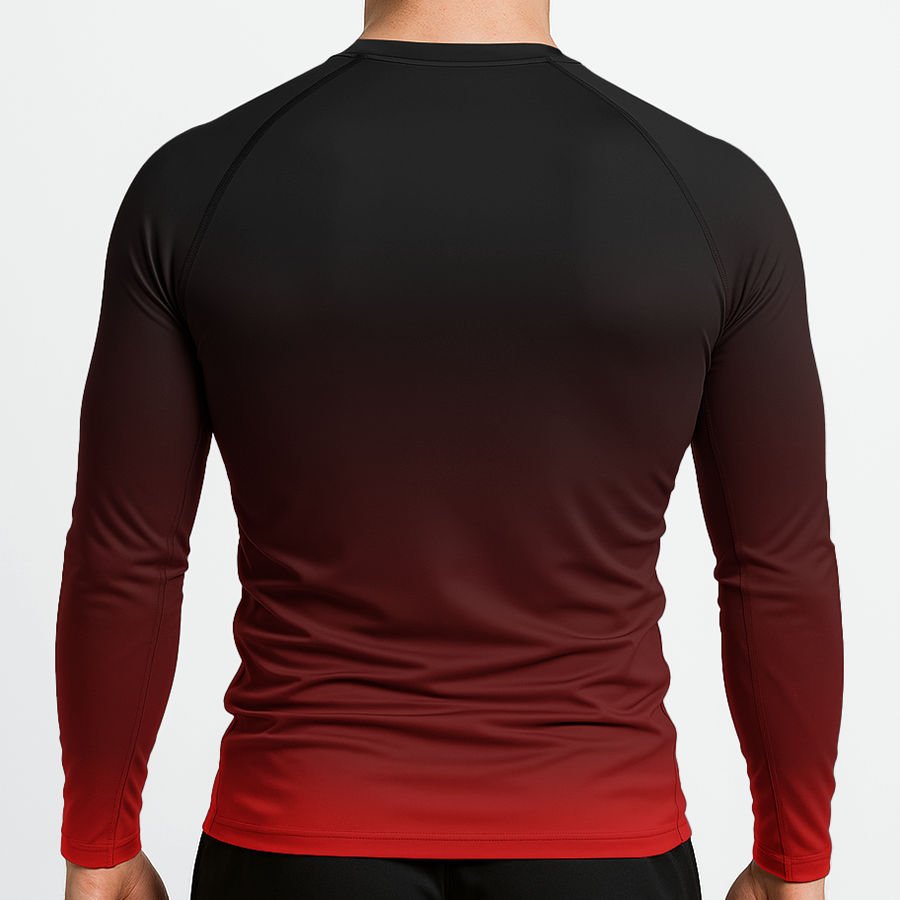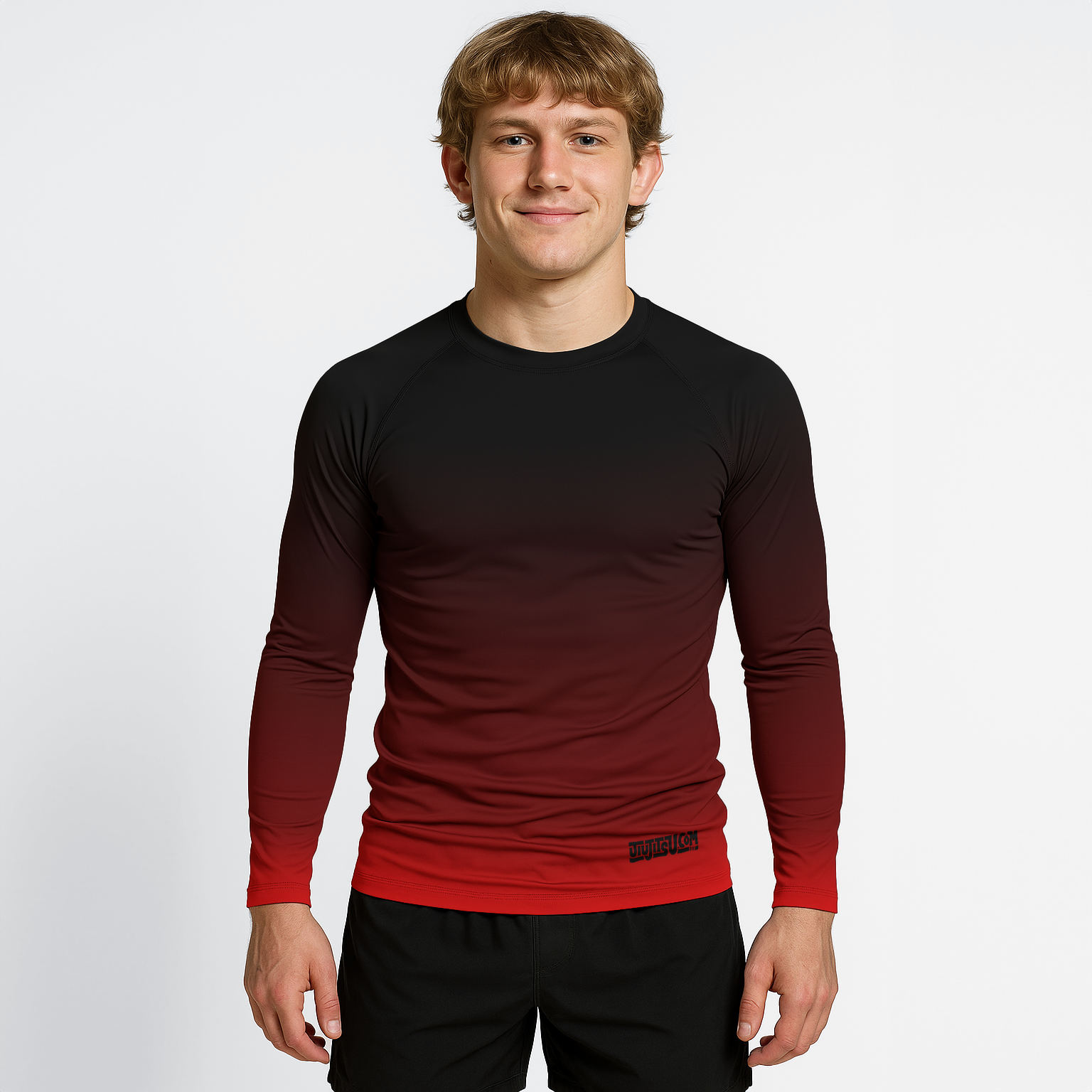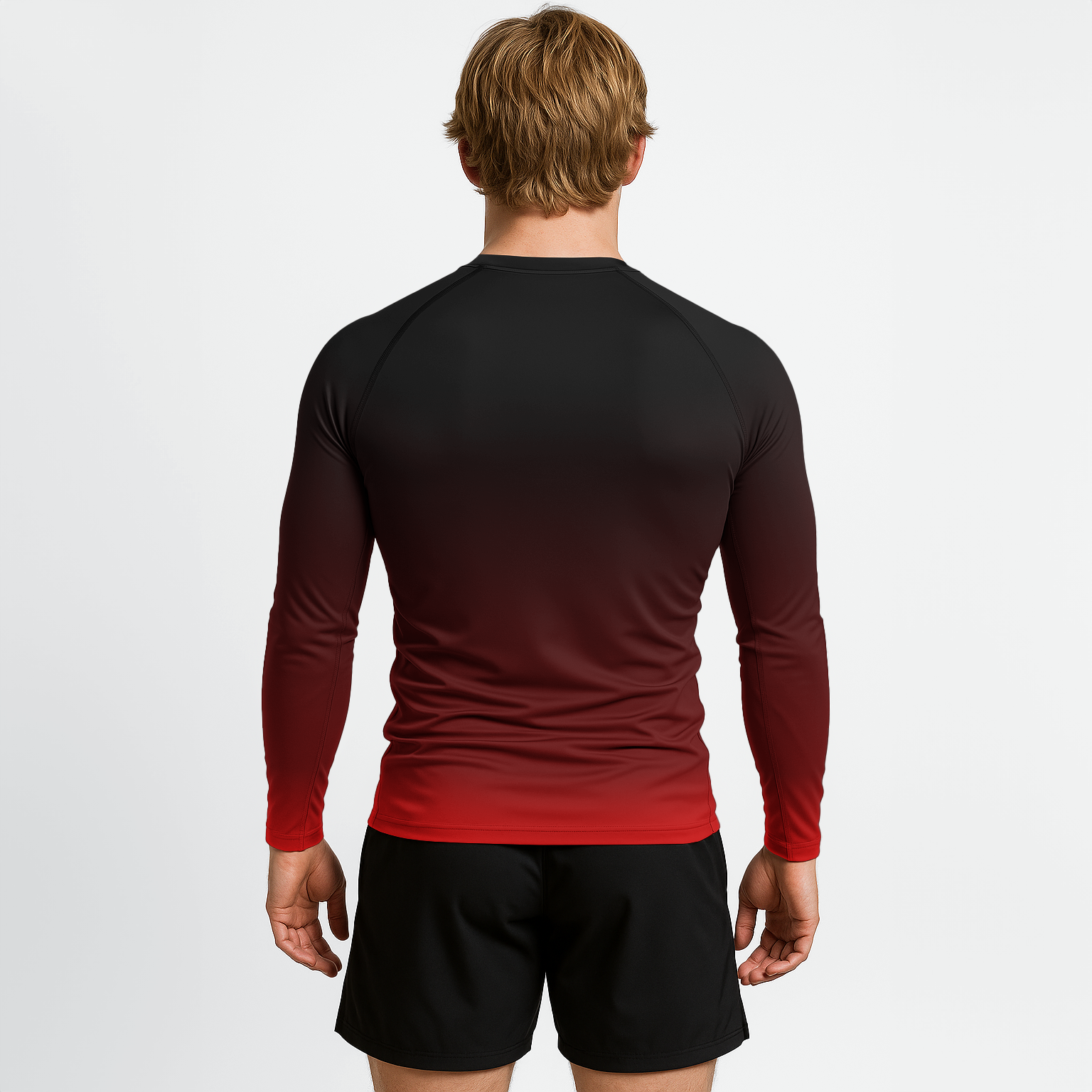Ranked BJJ Rash Guards
BJJ Rash Guards FAQ's
Do I Need a Rash Guard?
Wearing a rash guard during Jiu Jitsu training can provide many benefits, such as preventing mat burn during nogi sessions or gi burn from your opponent grabbing onto the fabric of the gi. It also helps to protect you skin and reduces sweat transfer.
What Material Are Rash Guards Made From?
Most BJJ rash guards are made of moisture wicking materials such as polyester, lycra or a combination of both. These fabrics help improve air circulation and prevents you from getting overheated during long training sessions. BJJ rash guards can also be made from cotton to provide added comfort and protection.
How Should My BJJ Rash Guard Fit?
The most important thing when picking out a rash guard is how it fits. A good one should stay very close to the skin without compressing too tightly or restrictively during training. If you're looking for an extra bit of comfort, go for a slightly looser fit.
It is usually recommended that you order the same size as your t-shirt size. Generally, if you order a rash guard that is too tight or loose it will still fit well because of how stretchy the fabric is.
Do Rash Guards Shrink?
Unlike BJJ gis, BJJ rash guards generally don't shrink while drying. But it's still a good idea to hang dry your rash guard as heated drying can weaken the fabric, collar, and stitching over time. Drying may also wear out any sublimated designs.
How Should I Wash My Rash Guard?
You can hand wash your BJJ rash guards with a mild detergent or machine wash cold on a gentle cycle without bleach to avoid fading of the sublimation. BJJ rash guards with sublimated graphics are heat pressed onto the fabric and washing could cause fading.
How Long Will My Rash Guard Last?
BJJ Rash Guards are meant to be worn regularly during jiu jitsu training and competition so you should expect them to last a few years if they are cared for properly. Unlike generic swim or surf rash guards, BJJ rash guards are thicker and are constructed with reinforced stitching.
Do I need a Rash Guard For Competition?
Many tournaments allow the use of a BJJ Rash Guard in both gi and nogi competition. However, if you are competing in the IBJJF for example you are not permitted to wear a rash guard under your gi. For IBJJF nogi competition, you must wear a rash guard, and it must be an IBJJF approved ranked rash guard.
When competing at smaller local and regional tournaments, you are allowed to wear a rash guard under your gi. We recommend checking with the organization beforehand on what you can and cannot wear.
Which BJJ Rash Guards Brands Are The Best?
Like all of the products on JiuJitsu.com, all of the BJJ rash guards that you see on this site have been hand selected from the best brands in the industry.
Benefits of Wearing a BJJ Rash Guard
Improves your grip. BJJ is an intense sport that can induce tremendous sweat, which makes wearing a rash guard necessary. Rash Guards are designed to absorb the sweat and make sure it doesn't come in contact with your opponent.
Protection From Skin Infections. Protect your skin and your training partners with a rash guard to avoid ending up with any bacterial diseases. Bacteria can grow very quickly in BJJ due to the constant friction between your skin and the mat. Bacterial diseases are painful and dangerous, so avoiding them is highly recommended.
Avoid Gi Burn. BJJ gis can be very tight and can easily irritate your skin in certain areas such as the armpit or sleeves of the uniform. A rash guard will protect you from BJJ gi chaffing and will allow you to train longer.
Prevent Mat Burn. BJJ is intense on the skin, and wearing rash guards prevents mat burn from occurring by providing a barrier between your bare skin and the BJJ mats.
Prevent Ride-Ups. Ride-ups, especially during workouts and training sessions, can be distracting as you might feel the need to repeatedly cover your skin. This is not only distracting but also interrupts training.

































































